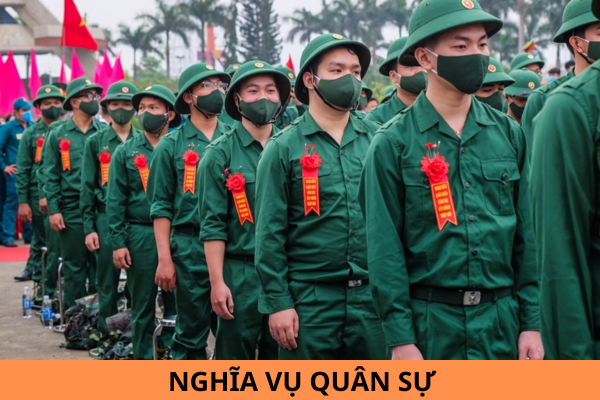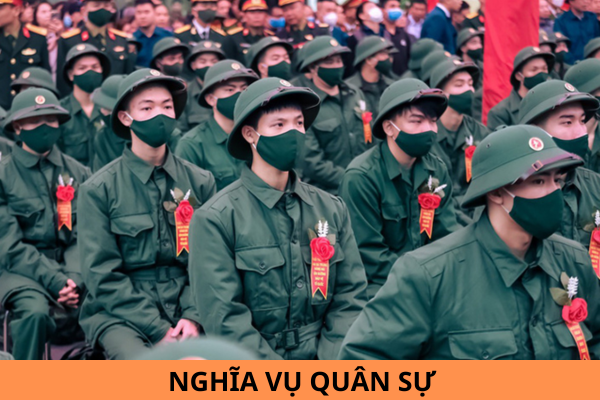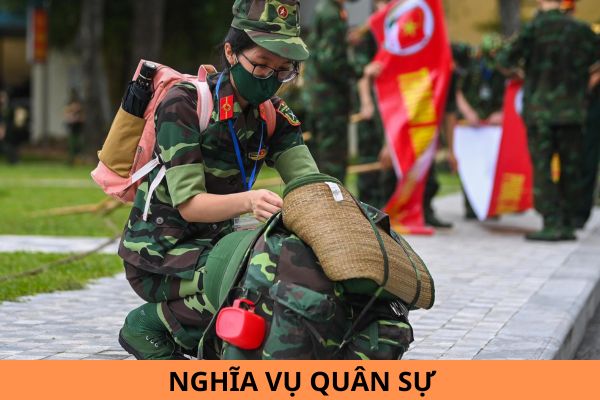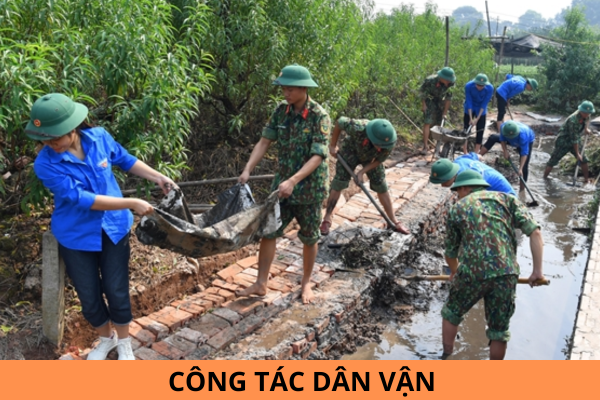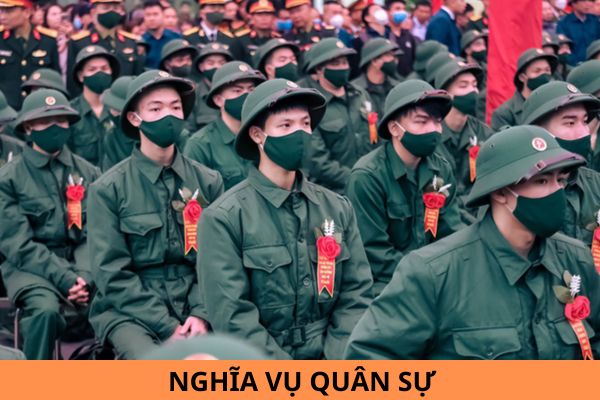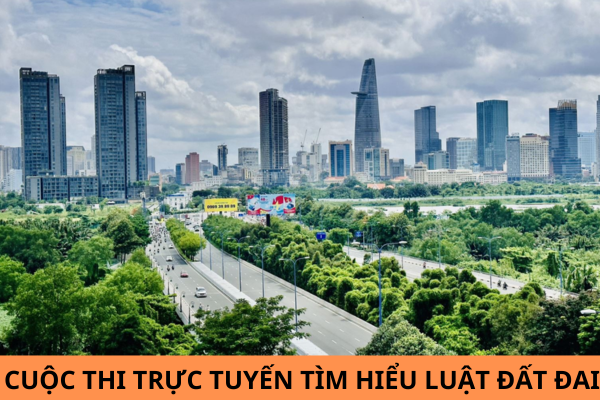What are principles of electronic identification and authentication in Vietnam?
What are principles of electronic identification and authentication in Vietnam? How to get access to data available in the electronic identification and authentication system in Vietnam? What are terms and conditions of access to eID accounts in Vietnam? What are regulations on Vietnamese citizen’s eID?
Thank you!
What are principles of electronic identification and authentication in Vietnam?
Pursuant to Article 4 of the Decree 59/2022/NĐ-CP (takes effect from 20/10/2022) stipulating principles of electronic identification and authentication in Vietnam as follows:
1. Abide by the Constitution and law; reserve legitimate rights and interests of agencies, entities and persons.
2. Ensure accuracy and uniqueness in carrying out the electronic identification and authentication process; openness and transparency in management and convenience for agencies, entities and persons.
3. Secure devices and protect data security and privacy when carrying out electronic identification and authentication.
4. Agencies, entities and persons granted access to eIDs are obliged to secure eID accounts and comply with regulatory provisions on protection of personal data.
5. Once being detected, any offence against law on electronic identification and authentication shall be promptly sanctioned under law.
6. Ensure conformity with international treaties of which Vietnam is a member state.
How to get access to data available in the electronic identification and authentication system in Vietnam?
Pursuant to Article 5 of the Decree 59/2022/NĐ-CP (takes effect from 20/10/2022) stipulating access to data available in the electronic identification and authentication system in Vietnam as follows:
1. Information systems of state agencies, political organizations, socio-political organizations or public service providers shall be connected to the electronic identification and authentication system to have access to data and information of eID holders in order to electronically handle administrative procedures or public administration services and other government activities according to assigned duties and functions via the electronic identification and authentication platform.
2. Government bodies, political organizations, socio-political organizations, public service providers shall access data and information available in the electronic identification and authentication system by using the VNelD application; in e-identification webpages and chip-based citizen ID cards by using devices and software meeting technical specifications under the guidance of the Minister of Public Security.
3. EID holders can access their own eID and other data (except biometric data) that have been integrated into eID accounts available on the electronic identification and authentication system and share them with other individuals or non-person entities via the VNelD application.
What are terms and conditions of access to eID accounts in Vietnam?
Pursuant to Article 6 of the Decree 59/2022/NĐ-CP (takes effect from 20/10/2022) stipulating terms and conditions of access to eID accounts in Vietnam as follows:
In order to be granted access to an eID account, an eID holder must abide by the following regulations:
1. Using the eID account for performing illegal acts and transactions; infringing upon national security, defense, national interest, public interest, legitimate rights and interests of natural and legal persons shall be prohibited.
2. Any unauthorized interference with the electronic identification and authentication system shall be prohibited.
What are regulations on Vietnamese citizen’s eID?
Pursuant to Article 7 of the Decree 59/2022/NĐ-CP (takes effect from 20/10/2022) stipulating Vietnamese citizen’s eID as follows:
Vietnamese citizen’s eID contains the followings:
1. Personal information:
a) Personal identity number;
b) First, middle and last name;
c) Date (day, month, year) of birth;
d) Gender.
2. Biometric data:
a) Personal portrait;
b) Fingerprint.
Best regards!


